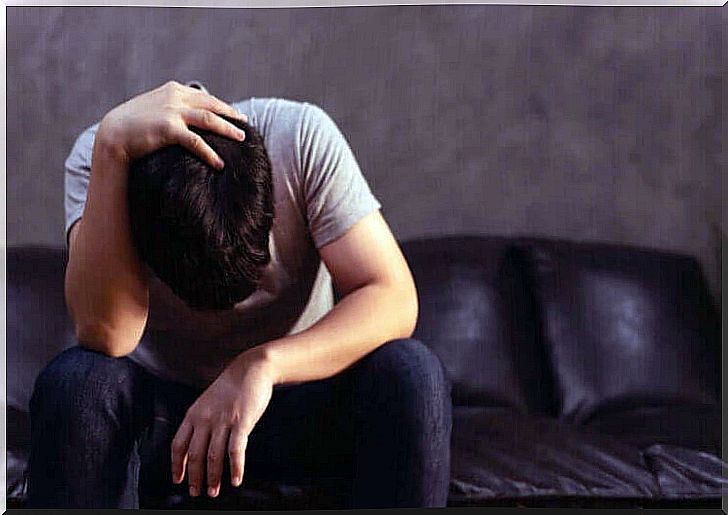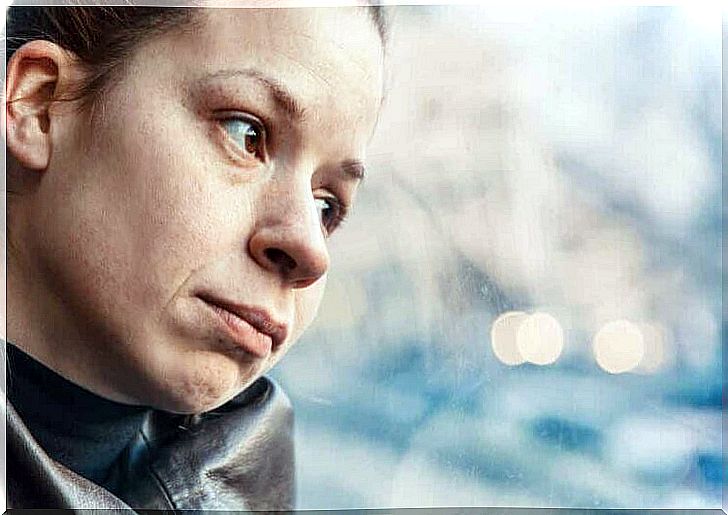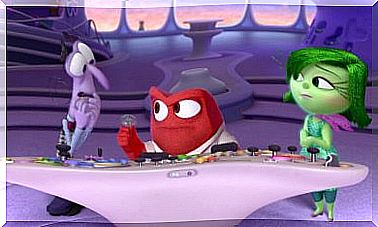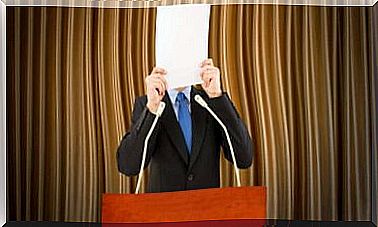Self-deprecation: People Who Hate Themselves

Self-worth is the mold that invalidates everything, the inner voice that poisons and extinguishes potentials, values and opportunities. People who hate themselves project this same unease onto others, sometimes blaming them for their failures, making them responsible for their unhappiness and prisoners of their negative feelings.
This is so, and the truth is that we live relatively badly by hating ourselves. It’s like having to share an apartment with a troublesome roommate, someone you don’t get along with and hate.
These are realities that are often lived in silence, which are the result of a bad experience or too low self-esteem. Some, for example, spend their days rehashing remorse, past events, which constitute the origin of this self-deprecation.
Others, on the other hand , do not even know the reason for this aversion to their own being, this constant rejection and this self-sabotage that prevents any psychological balance. Understanding the trigger and how to deal with this discomfort can help.

What is self-worth?
One of the most problematic psychological realities is self-worth. It is a state in which the person integrates and reinforces a sense of inadequacy, guilt, low self-esteem, negative self-esteem and heavy self-contempt.
His mental approach prevents him from seeing any potential or positive trait. So much so that she attributes any achievement or success to chance. She feels vulnerable and this feeling often causes her to be defensive around others.
Therefore, she cannot build rewarding social and emotional relationships. She is suspicious, does not feel worthy of love, and often adopts hostile attitudes towards others.
What are the causes of hatred towards oneself?
Why should a person hate themselves? Why do some people see themselves as their worst enemy? This situation is more common than we might think and responds to several triggers.
The weight of regrets
Missed opportunities, actions that led to bad consequences, regrets… At the origin of self-deprecation, there are life experiences of which we are not proud and which are engraved in our being. Rather than approaching them, treating them and curing them, we leave them there, dormant, like open wounds that we dare not treat.
Self-worth is the psychological crust of those who love themselves badly, of those who live with low self-esteem. Nothing grows in our mind when there is no self-esteem, when only negativity and self-hatred reign.
The fact of having grown up in a family environment that is crippling, critical and authoritarian promotes self-esteem. We also cannot ignore childhood trauma. It is indeed a common trigger for self-contempt.
Self-worthiness germinates through our inner criticism
Self-worth has been studied for decades in the field of psychology. Research conducted by Dr. Louis Paul in the 1970s at the University of Chicago shows us that the person who hates himself fuels an internal dialogue that is as critical as it is exhausting.
It is an inner voice that constantly judges the person, which extinguishes their potential. A voice that blames her for every mistake and keeps telling her every moment that she’s worthless.

What to do to stop devaluing yourself?
We have to live with ourselves our whole life. So why not start treating us better? Self-deprecation and this tendency to feed on discomfort sooner or later generates anxiety. They even lead to self-harm or depressive disorders. Those around those who don’t love each other also suffer.
Those who devalue themselves often cause their frustration to weigh on others. He cannot give the best of himself to others, because he only feels anger and the weight of low self-esteem. What can we do under these circumstances?
Develop a benevolent dialogue
An interesting research by Dr Nele Stinckens of the University of Louvain (Belgium) speaks of a type of therapy aimed at treating self-deprecation. It essentially consists in helping the person to improve their internal dialogue.
You have to learn to detect crippling ideas and inner criticism to transform them into more compassionate speech. Starting to love yourself more always means being able to talk to each other with affection, respect and compassion.
Setting new personal goals helps overcome self-worth
We often reiterate behaviors that reinforce our own discomfort. It is therefore always good to make changes to improve our view of ourselves. Setting new goals and achieving them improves self-esteem. Meeting new people gives us new perspectives and allows us to see ourselves differently …
Small daily variations can sometimes bring us precious transformations capable of strengthening self-esteem. This is the best place to start.









